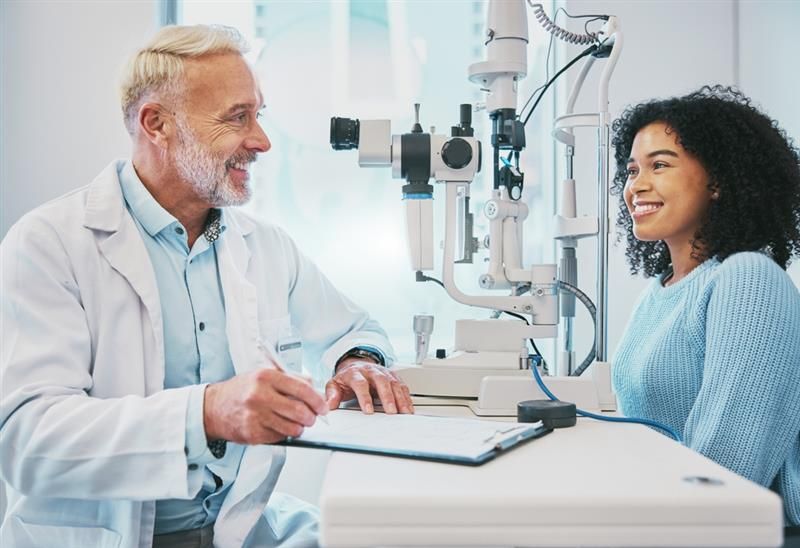Contact Lenses
Here you'll find everything you need to know about contact lenses: where to buy, how to get the best comfort and vision, and much more helpful advice.
Related Articles
All About Vision and AllAboutVision.com are registered trademarks of Essilor Laboratories of America, Inc © 2000-2026 Essilor Laboratories of America, Inc. The content on this site is for informational purposes only. All About Vision does not provide medical advice, diagnosis or treatment. Contact an eye doctor if you need medical attention.





